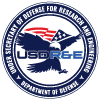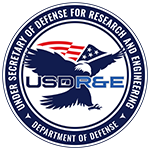
Systems Engineering and Architecture
Systems Engineering and Architecture
Five Foundational Principles for DEM&S Adoption
Overview: Founded by DEM&S Director Daniel Hettema, the Five Foundational Principles serve as the framework for the next chapter of digital engineering, modeling and simulation (DEM&S). Rooted in organizational theories and inspired by the Agile Manifesto, these principles prioritize people over processes, fostering a collaborative spirit among the community to achieve the mission. By defining these core values, practitioners are equipped with the essential tools that align with the Director’s vision to focus on innovation in the field of digital engineering.
“While there is value on the item on the right, we value the items on the left more,” -Agile Manifesto
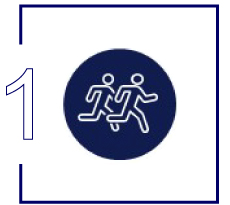
Doing Over Planning
Rather than striving for perfection in planning, the emphasis is placed on taking decisive action to complete the work. The concept of “doing over planning” encourages practitioners to think outside the box and explore innovative approaches to achieve goals, shifting discussions to production.
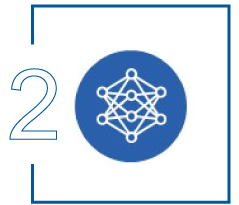
Leveraging Data Over Existing Process
Outdated processes inhibit growth. Too often, practitioners get stuck in a system that no longer serves the intended purposes. Data provides insights into the impact of processes, enabling practitioners to thoroughly assess why existing processes should be reexamined and make informed decisions about how to rework them.

Upskilling Over Future Hires
Instead of seeking “unicorns” or candidates with specialized skill sets, invest resources into educating and upskilling the existing workforce. This will not only enhance an organization’s capabilities but will increase the available pool of candidates who ensure the mission’s continued success.
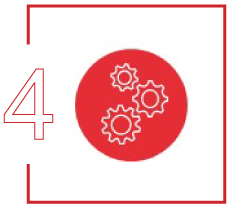
Interoperability Over Tool Verticals
Interoperability of data across multiple levels is essential to execute the vision. Rather than relying on a single tool suite, organizations should expand resources through the use of standards for a more comprehensive and collaborative approach to achieve interoperability.
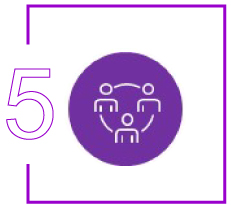
Information Sharing Over Organizational Silos
Organizations should strive to capture and manage information for effective knowledge sharing. By encouraging conversations and collaboration outside of individual silos, organizations can leverage documented knowledge to share and promote meaningful conversations. This approach enhances collective learning, enabling organizations to tap into a broader pool of expertise and insights.
Office of the Under Secretary of Defense,
Research and Engineering (OUSD(R&E))
3030 Defense Pentagon, Washington, DC 20301-3030
Contact Us
Contact Us
Information for the USD(R&E):
Contact OUSD(R&E) Staff
Social Media: @DoDCTO on Twitter
For website issues: Contact Webmaster

